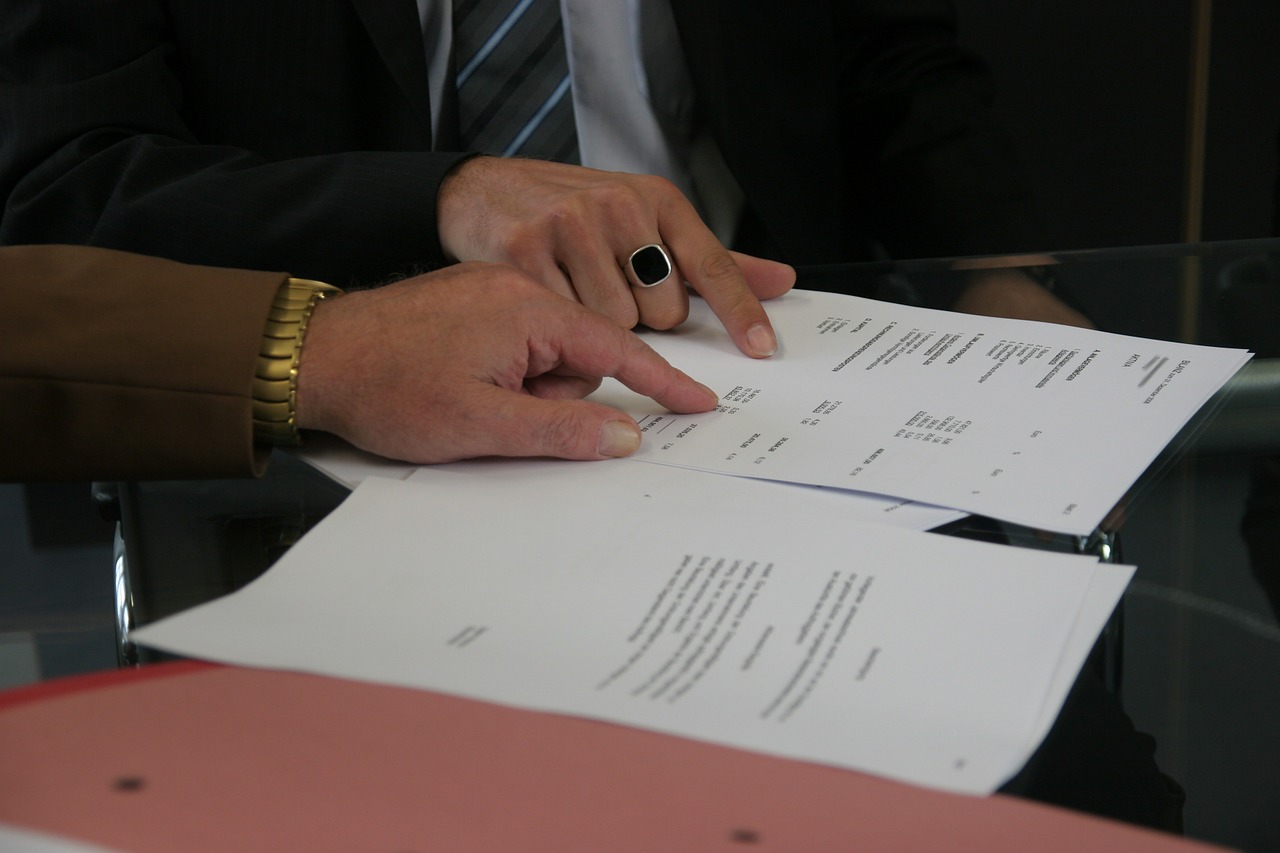Trustee Powers
When a trust is created the settlor (the person creating a trust) must select an individual or organization to oversee their trust. This person or organization is often known as the trustee. The trustee’s powers stem from the trust and what powers the settlor indicated the trustee may have upon the creation of the trust. Trustees powers go to the extent of what would be necessary to achieve what is proper for the trust or what would be in its best interest. This includes using such powers for investment purposes, the management of, and the distribution of the trust. Theoretically, the trustee has all the powers necessary to maintain the trust. If there are multiple trustees, the majority rule governs the action to be conducted.
Trustee Duties
The trustee powers rely on a duty of good faith and loyalty. If the trustee has a special skill set (accountant, ceo, lawyer, bank, senator etc) they will be held to a higher standard. The duty of loyalty is of particular importance when it comes to a trustee. The mismanagement of a trust can lead to disastrous consequences. The duty of loyalty principle binds a trustee to operate only within a specific realm. For instance a trustee cannot:
- buy or sell trust assets,
- sell property of one trust to another trust of which she is also a trustee
- borrow trust funds nor loan her personal funds t the trust (except to protect the trust)
- use trust assets to secure a personal loan
- personally gain through her position as trustee
- invest in their own stock
- do anything that would injure the trust solely for their on interest
- commingle property
This duty of loyalty extends to all beneficiaries. The trustee has to respond to beneficiary requests for any information about the trusts administration, furnish annual accounting of the trust, and provide beneficiaries with their name, address, and telephone number. The trustee must also protect the trust from external forces of attack and must make sure the trust property is preserved or made to be productive in the interest of the trust.
Trustee Investments
In regards to investments, the trustee and the trustees powers must abide by the guidelines in the Uniform Prudent Investor Act (UPIA). The UPIA allows trustees to only invest in the best interests of the trust if it does not violate the trust and if the risk in comparison to the return is minimized. The overall goal of the UPIA is to make sure that the trust stays productive. The trustee will of course, be held to reasonable care standard when making investment decisions and must act loyally and impartially when making such decisions.
Some factors the UPIA suggests trustees be considered are:
- General economic conditions
- Effect of inflation or deflation
- Expected tax consequences of investment decisions or strategies
- Assess how each investment plays in the overall portfolio
- Expected total return
- Other resources of the beneficiaries
- Needs for regularity of income
- Must diversify investments
Breaching Trustee Duties
If a trustee breaches their duties or over steps their powers a court may enforce specific performance, enjoin the trustee from following through to what would have amounted to a breach, compel the trustee to restore property or repay and losses, and suspend or remove the trustee. The trustee will also be required to repay any profit they obtained from their breach of duties. A trustee will not be liable for a breach if the trustee acted with reasonable reliance, the beneficiaries of the trust consented to the conduct, or the beneficiaries released or ratified the trustee’s actions. However, if there is an exculpation clause it will not be held as enforceable. An exculpation clause is a clause relieving a trustee of liability for breach of a trust and for any reckless or bad faith actions. On the other hand, A trustee will not be liable for the acts of co-trustees if he did not join in on the illegal act, and if he exercise reasonable care in preventing the breach. The trustee will still be personally liable on all torts committee by himself and his agents as well as all contracts unless the contract specifically says the trustee will not liable.
If you are a trustee and would like a clearer understanding of your powers its important to refer to either independent counsel, the settlor if available, and even the attorney who assisted in drafting the trust documentation. It is also important that if you are a beneficiary that you periodically check in on the trustee’s actions in regards to the trust to make certain they are sticking to their duties as a trustee.
Additional Information
- If you want additional information in regards to how to create a trust check out our article on how to do so here!
- If you want additional information on how to terminate a trust check out our guide on how to do so here.
- The following link goes to an article on estateplanning.com which also gives additional details on estate planning in general.






